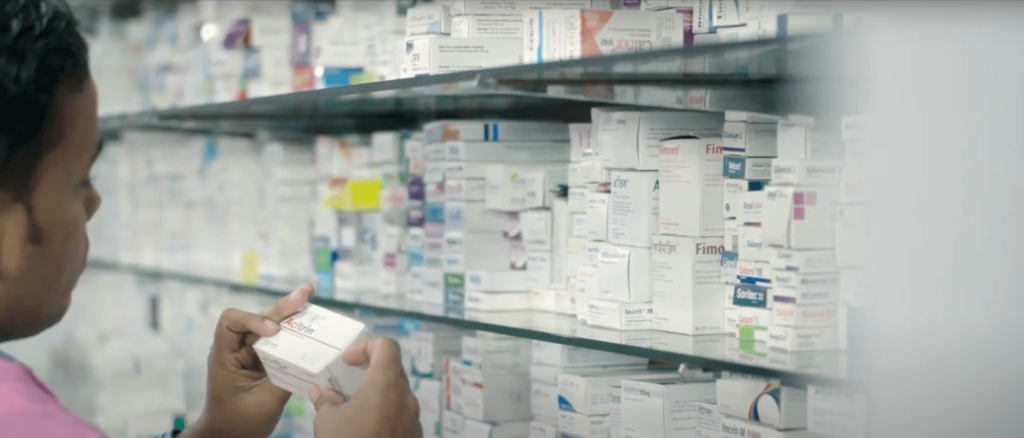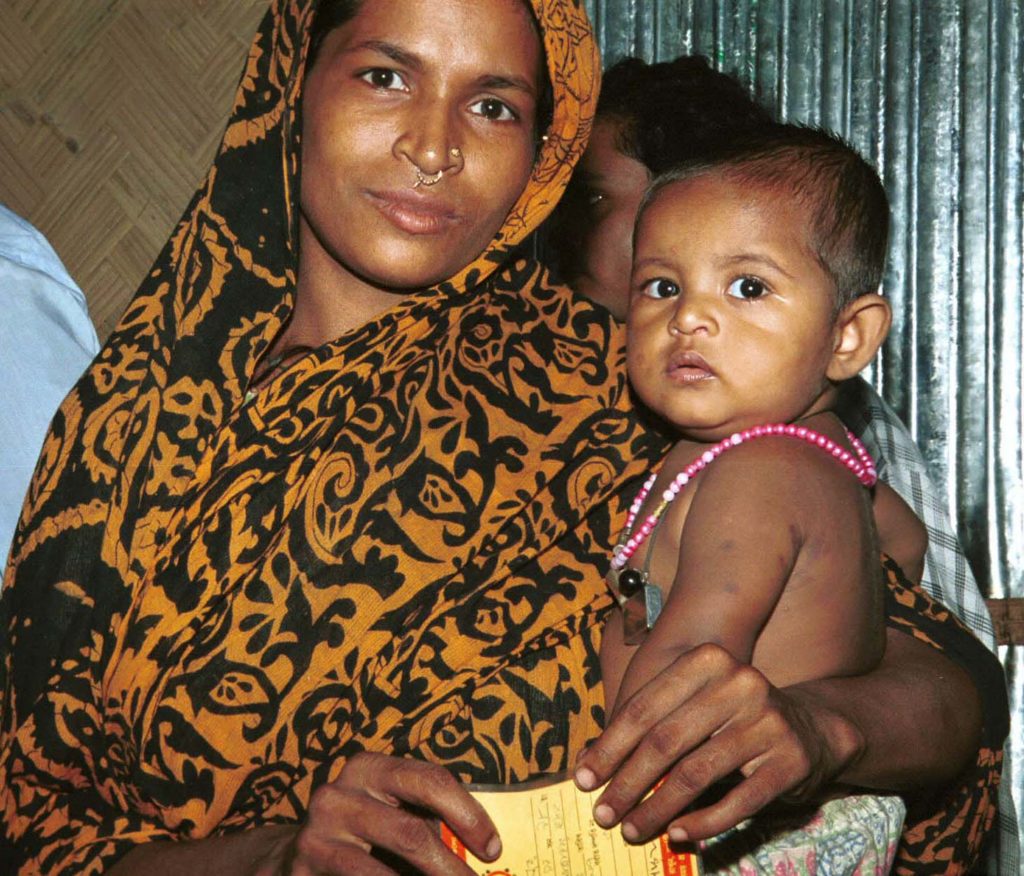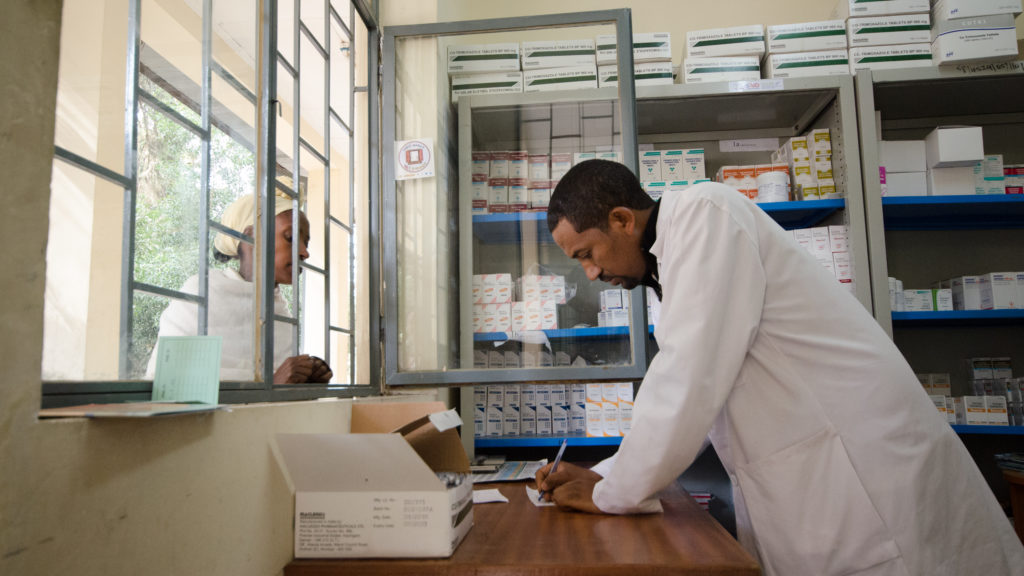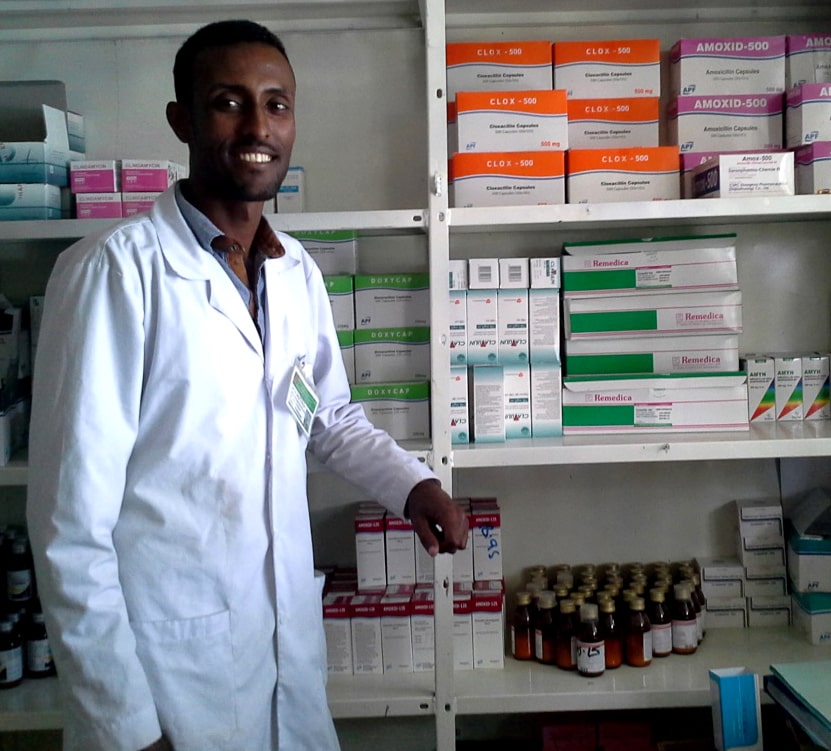Bangladesh
Bangladesh
For more than 35 years, we have partnered with the Government of Bangladesh to improve access to medicines; strengthen essential services for maternal, child, and reproductive health; and reduce mortality and transmission of TB through local governments, civil society, the private sector, and community leaders.
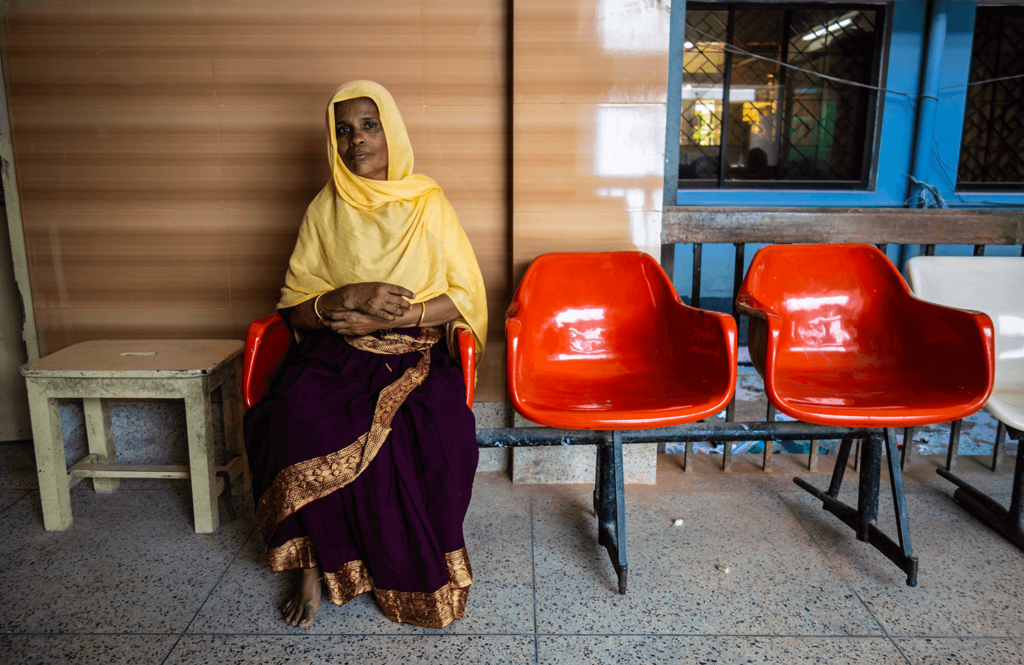
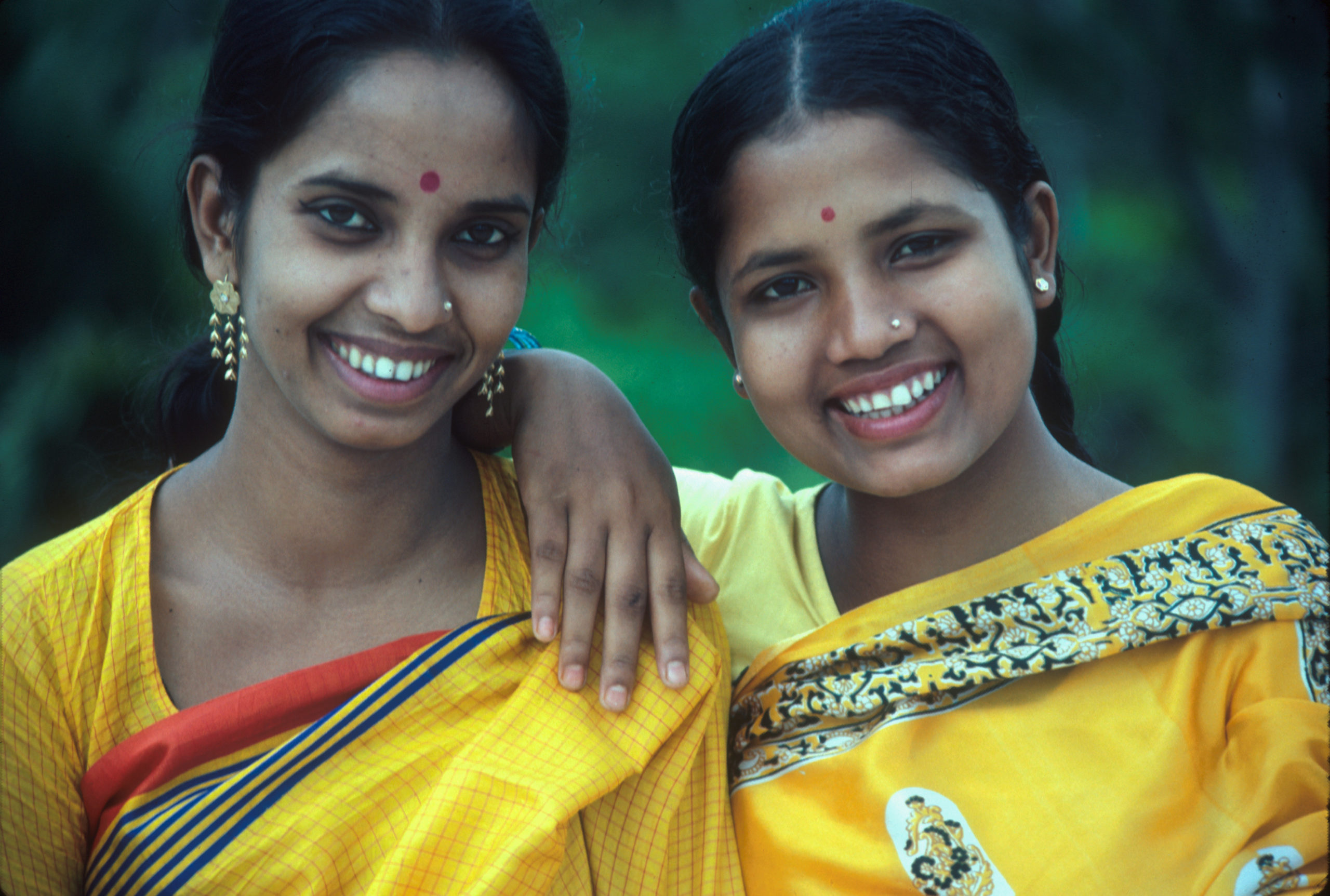
Ensuring Uninterrupted Access to Family Planning Supplies in Bangladesh
Before 2011, public health facilities in Bangladesh had sporadic stock-outs of contraceptives due to a lack of accurate and real-time supply logistics data, increasing the risk of unwanted pregnancies and endangering women’s and children’s lives. We helped establish an electronic logistics and information system that collects data on consumption and availability of family planning commodities from the district and sub-district levels. Pharmaceutical managers are now able to respond more efficiently to avoid stock-outs and overstock. At the close of the program in 2018, all 488 sub-district family planning stores reported stock status monthly using the system. The system helped reduce the time needed to procure products by 26 weeks, and the rate of stock-outs for the country’s 29,000 service delivery points was less than 1%.
Overview
Our work in Bangladesh has focused on improving procurement management systems for reproductive health commodities; strengthening the country’s pharmaceutical system to help eliminate stock-outs and shortages; promoting appropriate use of medicines and related products; and improving access to quality medicines and services through accredited retail drug outlets; and most recently, improving the quality of maternal, newborn, and child health and family planning services for young Bangladeshi women and their partners.
Assessment of the Impact of Good Pharmacy Practices Training among Drug Dispensers in Bangladesh
Putting Women at the Center of the Health System in Bangladesh
Contemplating health systems strengthening means looking for ways to take down barriers to care. Midwives in Bangladesh are attempting to do just that using a person-centered, culturally appropriate, group-based model of antenatal care (ANC) in which women share their experiences in group settings, learn through peer-to-peer interaction, build relationships by participating in social activities and games, and receive individual routine checkups alongside other expectant mothers. Learn how the relationships they build increase access to care and lead to better health outcomes.
Job Opportunities in Bangladesh
Join us as we help solve the world’s public health challenges through innovation, dedication, and technical excellence. We are looking for talented, passionate people to join us—as employees, consultants, and interns—in advancing our mission to save lives and improve the health of the world’s poorest and most vulnerable people.

